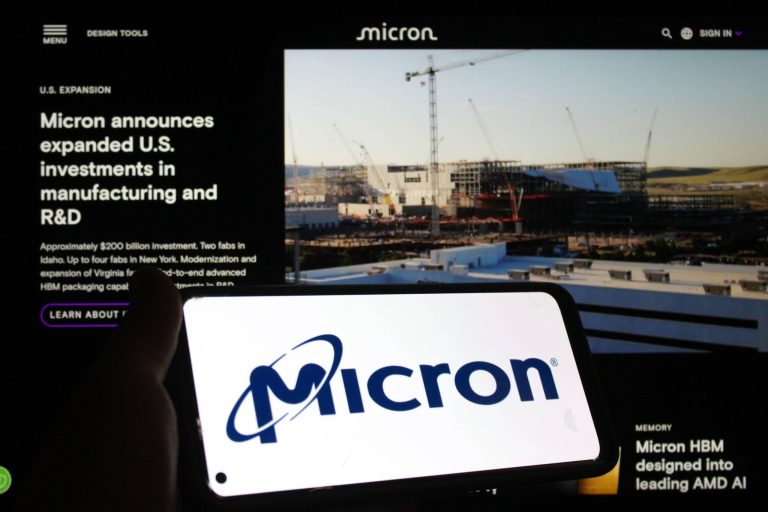
The U.S. government has filed a lawsuit against Visa, alleging that the company has engaged in monopolistic practices concerning debit card transactions. This legal action aims to address concerns over Visa’s dominance in the market, which the government claims has stifled competition and harmed consumers.
Key Takeaways
- The U.S. government has initiated legal proceedings against Visa.
- Allegations include monopolistic practices in the debit card market.
- The lawsuit seeks to promote competition and protect consumer interests.
Background of the Lawsuit
The lawsuit, filed in a federal court, asserts that Visa has utilized its market power to impose unfair fees on merchants and restrict competition from smaller payment processors. The government argues that these practices have led to higher costs for consumers and limited choices in the marketplace.
Visa’s Market Position
Visa is one of the largest payment processing companies in the world, with a significant share of the debit card market. The company’s influence has raised concerns among regulators and lawmakers, who argue that its practices may violate antitrust laws.
Key Statistics
- Market Share: Visa holds approximately 50% of the U.S. debit card market.
- Transaction Fees: Merchants reportedly pay an average of 2% in transaction fees for debit card swipes.
- Consumer Impact: Higher fees can lead to increased prices for goods and services.
Implications of the Lawsuit
If the lawsuit is successful, it could lead to significant changes in how Visa operates. Potential outcomes may include:
- Lower Transaction Fees: A ruling against Visa could force the company to reduce fees charged to merchants.
- Increased Competition: The lawsuit may pave the way for smaller payment processors to enter the market, enhancing consumer choice.
- Regulatory Scrutiny: A successful case could lead to increased scrutiny of other major players in the payment processing industry.
Industry Reactions
The lawsuit has garnered mixed reactions from industry stakeholders. Some merchants have welcomed the action, viewing it as a necessary step toward fairer practices. Conversely, Visa has expressed its intention to vigorously defend itself against the allegations, arguing that its practices benefit consumers and merchants alike.
Conclusion
The U.S. lawsuit against Visa marks a significant moment in the ongoing debate over competition in the payment processing industry. As the case unfolds, it will be crucial to monitor its impact on consumers, merchants, and the broader financial landscape. The outcome could reshape the future of debit card transactions in the United States, potentially leading to a more competitive and consumer-friendly market.





